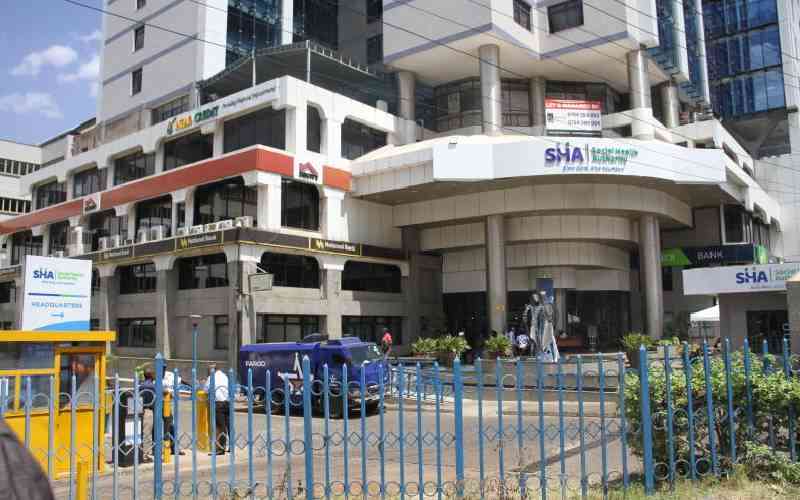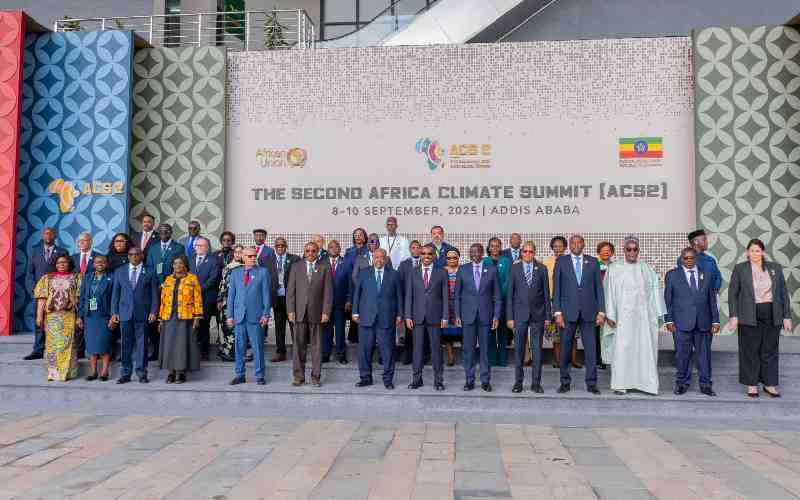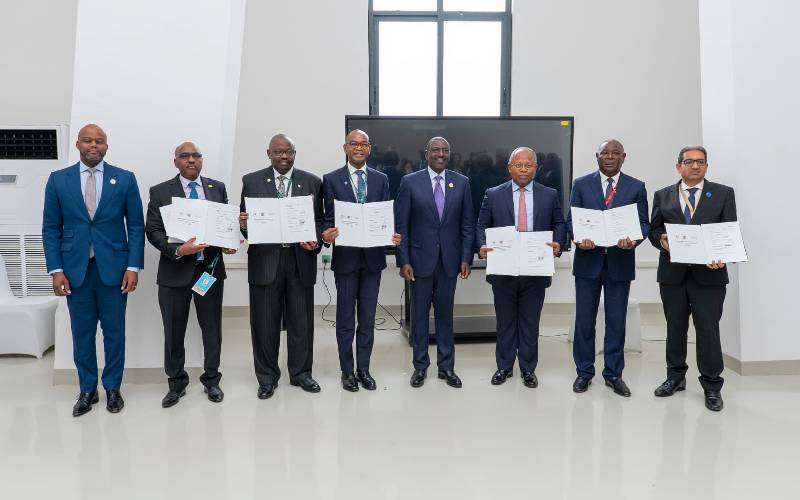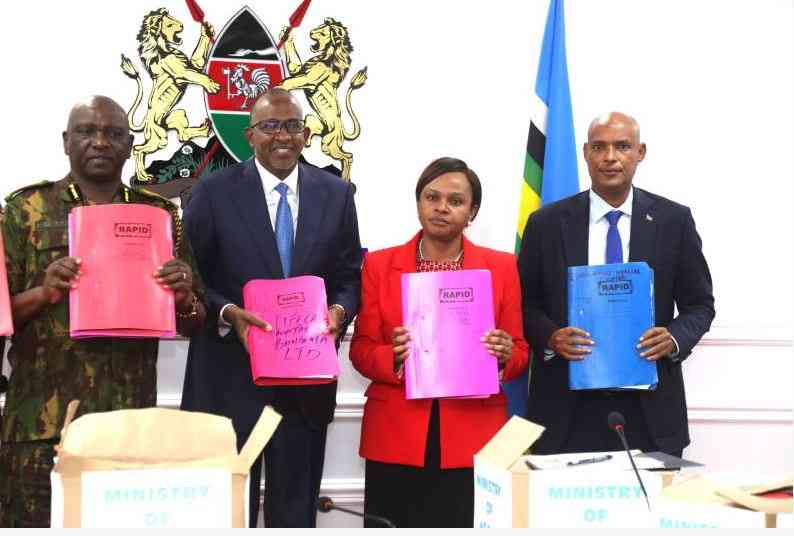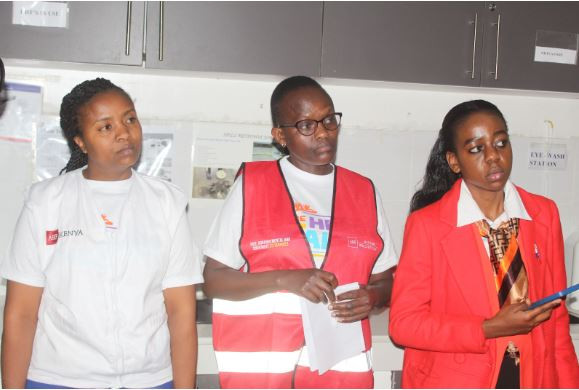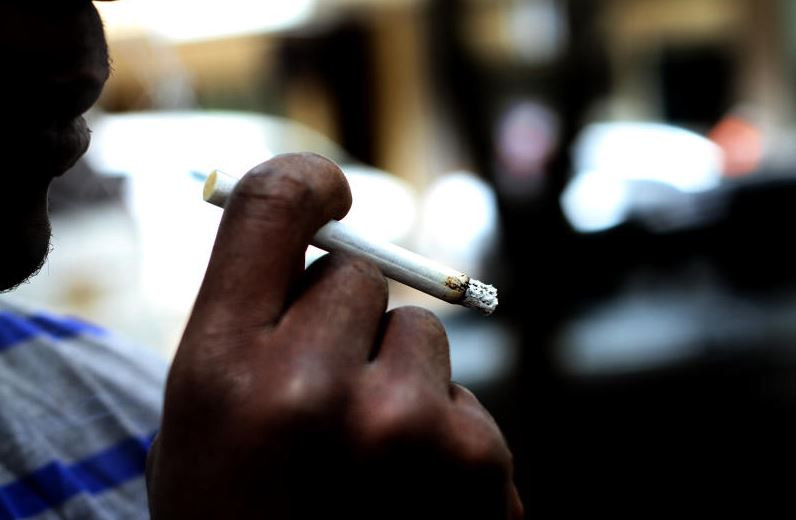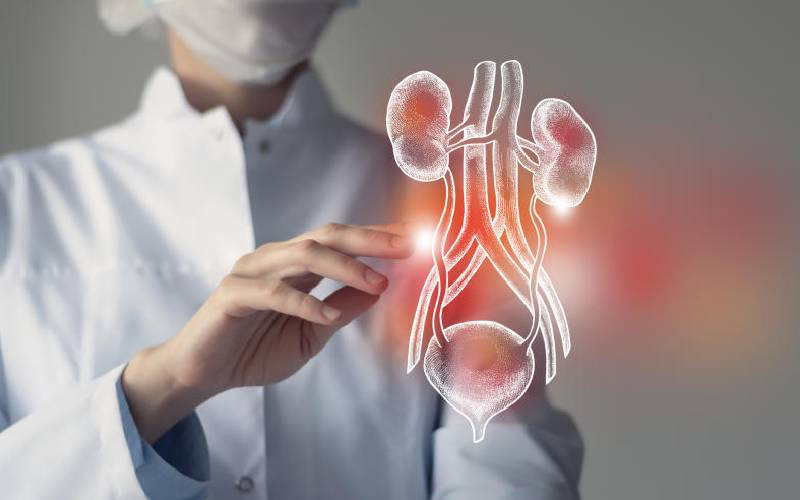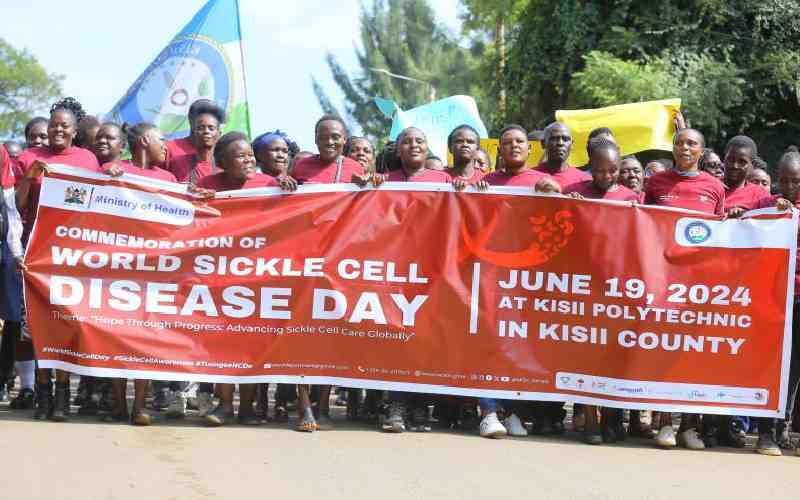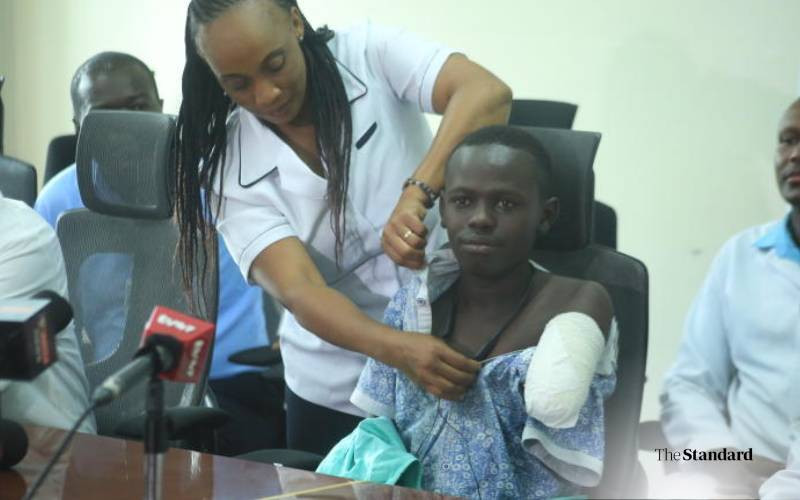
Moses Mwendwa (22) who underwent Kenya's first Transhumeral Targeted Sensory Reinnervation (TSR) at KNH on May 6, 2025. [Collins Oduor, Standard]
Kenyatta National Hospital has successfully performed Transhumeral Targeted Sensory Reinnervation (TSR) surgery.
This marks a major breakthrough in the continent’s surgical landscape. The procedure, which took place on April 29, 2025, restored sensation to the stump of a 22-year-old amputee, Moses Mwendwa, following the loss of his left arm.
TSR is an advanced surgical technique that reroutes nerves from an amputated limb to remaining skin areas, allowing the brain to interpret sensation including touch and temperature as if it were coming from the missing limb.
The groundbreaking surgery was the highlight of the hospital’s first TSR surgical camp, held between April 28 and May 2. “This is not just a surgical first for Kenya, but for the continent,” said Dr Joel Lesan, Head of Specialised Surgical Services at KNH.
He added: “We are proud to offer solutions previously only available abroad. This procedure addresses what we call phantom limb pain, where patients feel pain or sensation in a limb that is no longer there.”
Moses Mwendwa, a software engineering student, suffered a serious fall in January that resulted in compartment syndrome, a condition that caused irreversible damage to his arm.
- KNH performs world's first TSR surgery
- More than a limb lost: How amputees rose above obstacles on their path to independence
- Govt names new bosses at KNH,JOOTRH
Keep Reading
After a series of emergency operations, doctors were forced to amputate his dominant arm above the elbow. “After the amputation, I kept feeling like my hand was still there,” said Moses.
“It was painful. I didn’t think nerves could be reconnected, but since the surgery, the pain is gone. I feel like I have my hand back.”
Seven hours
The operation, which lasted more than seven hours, was led by Dr Benjamin Wabwire, Head of Plastic and Reconstructive Surgery at KNH. He explained: “We took the nerves that once gave sensation to Moses’ fingers and rerouted them to the skin of his stump. Now, when that skin is touched, his brain recognises it as feeling in his missing fingers. This will make future prosthetic use more natural and intuitive.”
Dr Wabwire emphasised that previous TSR surgeries around the world had only been attempted below the elbow.
“What makes this unique is that it was done above the elbow, what we call the transhumeral level. That hadn’t been tried successfully before.”
The multidisciplinary team included Prof Ferdinand Nang’ole, Dr Benjamin Wabwire, Dr Dorsi Jowi, Dr Christine Nyabuto, Dr Rachel Machiya, Dr Joan Mwanzia, and visiting Italian expert Prof Alexander Gardetto.
Anaesthesia was handled by Dr John Mwanzia and Dr Ruth Nyambura, while nursing care was led by Eric Odongo, Mercy Chepkemoi, Esther Munga and theatre support provided by Catherine Muthengi.
“This surgery restores not only sensation, but dignity and hope,” said Dr Jowi. “It helps with pain, improves mental well-being, and opens the door to advanced prosthetic fitting that responds to real sensory feedback.”
KNH plans to institutionalise TSR camps and offer the procedure routinely. “We’re showing that world-class surgical care can happen right here in Kenya,” said Dr Lesan. “This is just the beginning.”
“I feel whole again. I want others like me to know it’s possible to live normally after amputation,” said Moses.
 The Standard Group Plc is a multi-media organization with investments in media
platforms spanning newspaper print
operations, television, radio broadcasting, digital and online services. The
Standard Group is recognized as a
leading multi-media house in Kenya with a key influence in matters of national
and international interest.
The Standard Group Plc is a multi-media organization with investments in media
platforms spanning newspaper print
operations, television, radio broadcasting, digital and online services. The
Standard Group is recognized as a
leading multi-media house in Kenya with a key influence in matters of national
and international interest.

